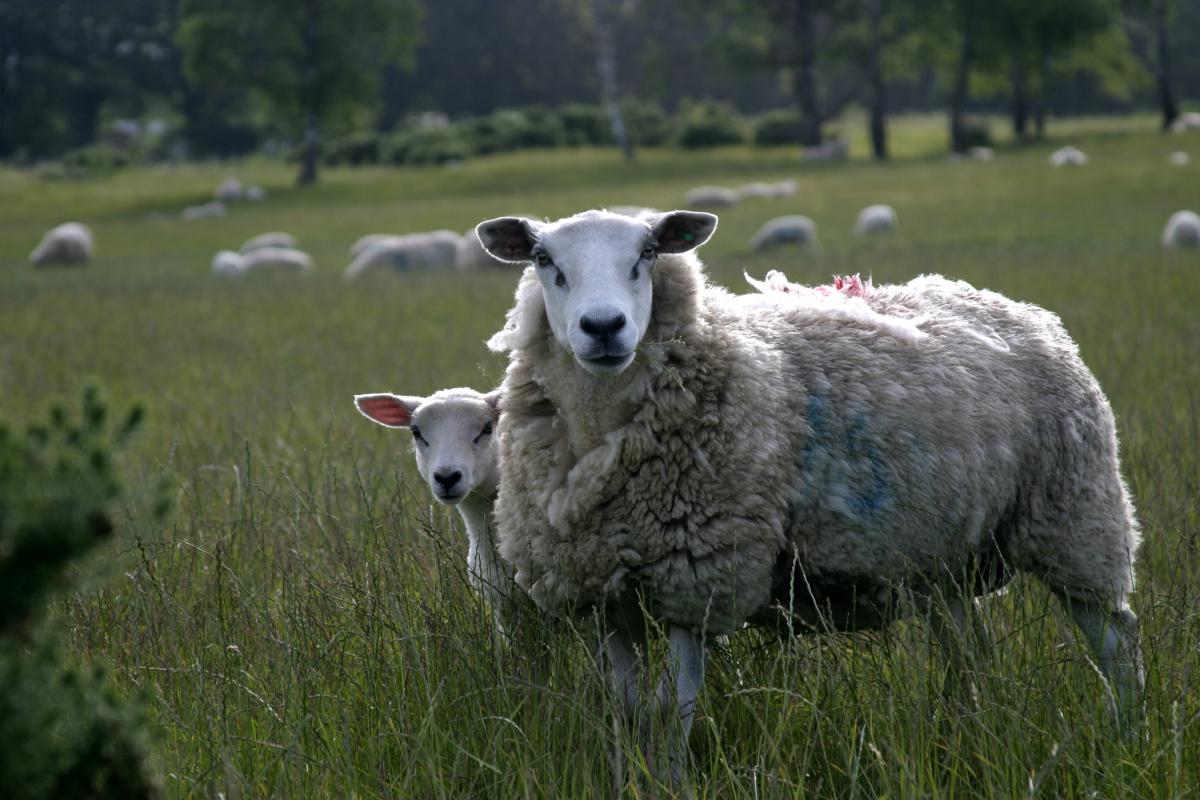EP says no to food from cloned animals
EP says no to food from cloned animals
The European Parliament’s Environment Committee today sent a strong signal that consumers’ rejection of food from cloned animals should be respected.
MEPs want a ban on food from clones, their offspring and descendants, including imports from third countries. At the very least, mandatory traceability and labelling of food from such animals should be introduced. Use of the cloning technique for food supply is common practice in several of EU’s main trading partners, including the US. They were also heavily critical that a traceability system for clones’ reproductive material was not included in the European Commission’s draft law1 on food from clones, adopted in December 2013, particularly as such a mechanism had been recognised as easily feasible only three years ago.
They were also heavily critical that a traceability system for clones’ reproductive material was not included in the European Commission’s draft law1 on food from clones, adopted in December 2013, particularly as such a mechanism had been recognised as easily feasible only three years ago.
Responding to civil society’s concerns that EU cloning legislation is being watered down intentionally, the European Parliament rejected calls for the Commission to make sure future EU laws on cloning do not negatively affect trade negotiations.
Monique Goyens, Director General of The European Consumer Organisation commented:
“The ongoing trade talks with the US should not stop Europe from listening to what consumers want. 83% want food from the offspring of cloned animals to be labelled2. We expect the EU to act swiftly on this clear demand.
“After all, the Commission is constantly repeating the mantra that consumer protection standards will not be touched by this trade deal. Being tough on cloning rules presents the perfect opportunity for the EU to show more than mere talk and defuse consumer concerns.”
The Resolution now goes to plenary for a vote in March or April.
1Proposal for a Directive of the European Parliament and the Council on the cloning of animals and Proposal for a Council Directive on the placing on the market of food from animal clones, both published on 18 December 2013.
2Flash Eurobarometer on Europeans’ attitudes towards animal cloning (2008).

